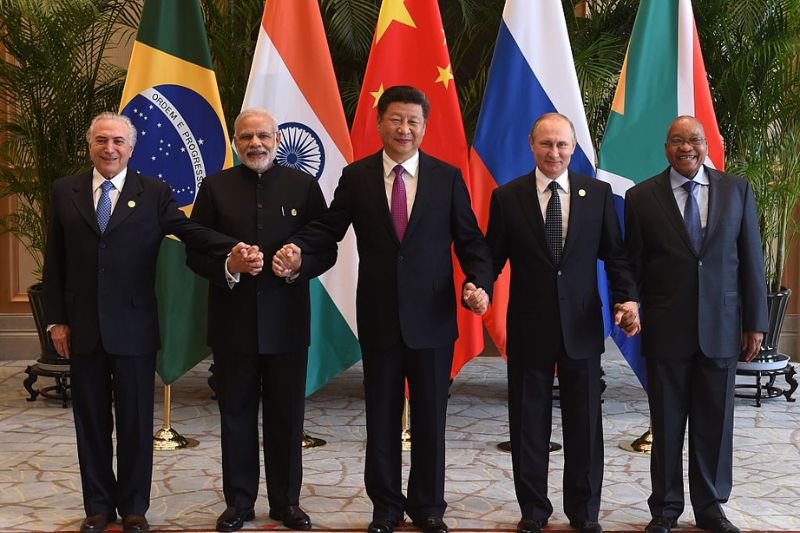Keywords: Francis Fukuyama
-

INTERNATIONAL
- Nirmal Ghosh
- 07 February 2025
Amongst hardening borders and rising ethnonationalism globally, those who resist rigid identity labels find themselves caught between worlds — too foreign for home, too foreign for here. If identity is both fluid and contested, can belonging ever be more than a temporary state?
READ MORE 
-

INTERNATIONAL
- David James
- 13 December 2023
1 Comment
As the world thawed post-Cold War, a debate raged over global supremacy, with Western powers predicting a unipolar world dominated by liberal democracy. Contrarily, others envisioned a future shaped by cultural and religious divides. In a shifting geopolitical landscape, the echoes of this debate continue to challenge long-held assumptions on global power dynamics.
READ MORE
-

ECONOMICS
- David James
- 04 January 2022
3 Comments
There really is no such thing as ‘capitalism’ — or rather there are so many capitalisms that the word is altogether too imprecise to be useful. A much better term to identify the problems, even evils, of modern developed economies is ‘corporatism’. This can be precisely identified and its transgressions and general harm are getting worse.
READ MORE
-

ECONOMICS
There really is no such thing as ‘capitalism’ — or rather there are so many capitalisms that the word is altogether too imprecise to be useful. A much better term to identify the problems, even evils, of modern developed economies is ‘corporatism’. This can be precisely identified and its transgressions and general harm are getting worse.
READ MORE 
-

AUSTRALIA
- Brian Matthews
- 28 February 2014
7 Comments
Joe Hockey's idea of an age of entitlement is shallow and facile. Announcing the end of an 'age' is just another way of obscuring the truth that you haven't the faintest idea what the hell is going on, or that you suspect what's going on but not how to influence, redirect or stop it. So you fall back on this persuasive notion of a great shift in the times. The next 'age' for those whose entitlement is disappearing will be marked by unpleasantness.
READ MORE 
-

AUSTRALIA
- Ben Coleridge
- 13 March 2011
6 Comments
Political and social ideas are a means of conceptualising people's inner urgings and desires. Does the movement towards political change in the Middle East constitute an 'absolute moment' which forecasts the realisation of democratic governments across the Arab world?
READ MORE 